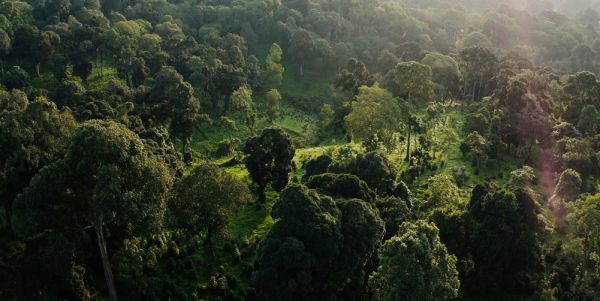
Forests are vital to help reduce atmospheric CO2
If the world’s natural forests are allowed to grow and mature rather than being cut down, 226 billion tonnes of carbon could be taken out of the atmosphere, according to a major international study.

If the world’s natural forests are allowed to grow and mature rather than being cut down, 226 billion tonnes of carbon could be taken out of the atmosphere, according to a major international study.
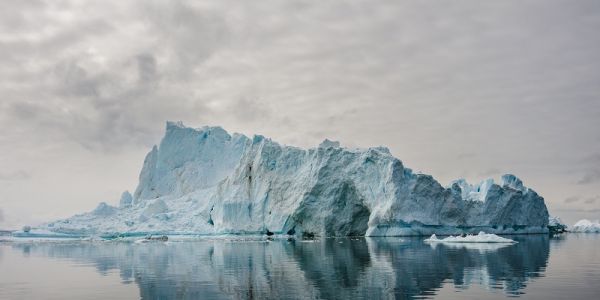
Scientists have trained an artificial intelligence or AI system to accurately map in one-hundredth of a second the surface area and outline of giant icebergs captured on satellite images.

Most clinical trials in cancer screening, prevention, and early detection focus on just three types - and nearly all take place in the global north, according to a new review.
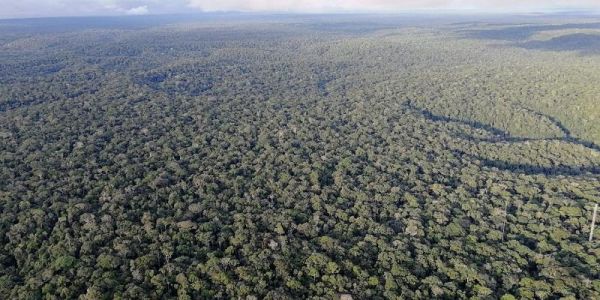
Deforestation in the Amazon causes land surfaces up to 100 kilometres away to get warmer, according to a new study.
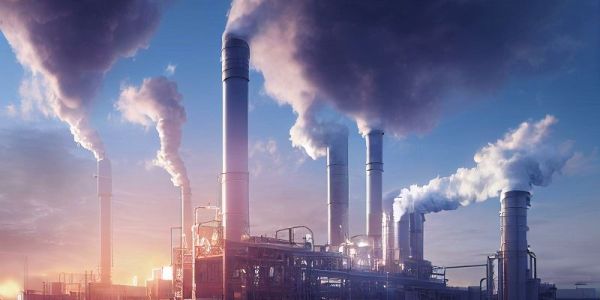
Humanity is rapidly reaching the limit for how much additional carbon can be emitted into the atmosphere to keep global warming within 1.5 °C, according to a new research.

A cheap and widely available prescription drug can improve symptoms of irritable bowel syndrome in patients seen in GP surgeries, new research presented today at UEG Week 2023 has found.

A team of scientists investigating the stratosphere have found particles containing a variety of metals from satellites and spent rocket boosters, vaporised by the intense heat of re-entry.
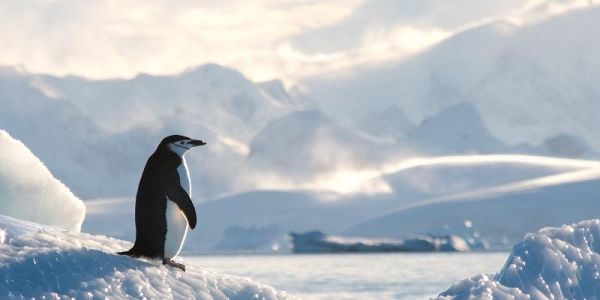
71 of the 162 ice shelves that surround Antarctica have reduced in volume over 25 years from 1997 to 2021, with a net release of 7.5 trillion tonnes of meltwater into the oceans, say scientists.
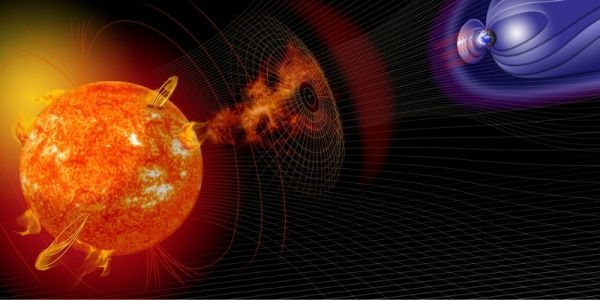
An international team of scientists have discovered a huge spike in radiocarbon levels 14,300 years ago by analysing ancient tree-rings found in the French Alps.

New methods to predict outcomes for pregnancies where there are issues with poor growth of the baby inside the womb have been developed by a team of scientists.